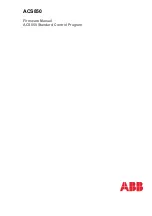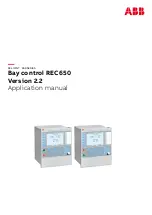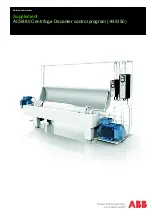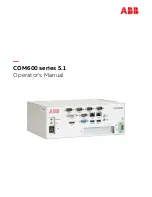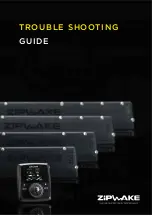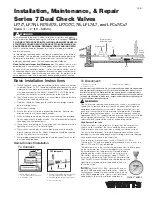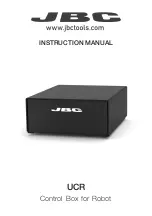
1. Before installation, be sure to remove all protective seals.
2. Before installing the product, blow out the inlet piping to remove any piping scraps, dirt and oil.
Close the inlet valve after blowdown.
3. Install the product so that the arrow on the body is pointing in the direction of flow. Please note
that this product is intended for installation on vertical piping, and the direction of inlet flow
must be from the top.
4. Install condensate outlet piping.
5. Open the inlet and outlet valves and check to make sure that the product functions properly.
6. After steam has passed through the piping, allow the trap to cool and then further tighten the
clamp.
5. Proper Installation
• Installation, inspection, maintenance, repairs, disassembly, adjustment
and valve opening/closing should be carried out only by trained
maintenance personnel.
• Take measures to prevent people from coming into direct contact with product outlets.
• Install for use under conditions in which no freeze-up will occur.
• Install for use under conditions in which no water hammer will occur.
CAUTION
• Installation, inspection, maintenance, repairs, disassembly, adjustment
and valve opening/closing should be carried out only by trained
maintenance personnel.
• Before attempting to open the trap, close the inlet and outlet isolating valves and wait until the
body has cooled completely. Failure to do so may result in burns.
• Be sure to use the proper components and NEVER attempt to modify the product.
CAUTION
7. Inspection and Maintenance
Operational inspections should be performed at least twice per year, or as called for by trap
operating conditions. Steam trap failure may result in a temperature drop in the equipment, poor
product quality or losses due to steam leakage.
6. Operational Check
Normal:
During either intermittent or continual condensate discharge,
flash steam is discharged and the sound of flow can be heard.
Blocked:
No condensate is discharged. The trap is quiet, making no noise, and
the surface temperature of the trap is low.
Blowing:
Live steam continually flows from the outlet and there may be a high-
pitched whistling sound.
Steam Leakage:
Live steam is discharged through the trap outlet together with the
condensate, and there may be a high-pitched whistling sound.
A visual inspection can be carried out to aid in determining the necessity for immediate
maintenance or repair, if the trap is open to atmosphere. If the trap does not discharge to
atmosphere, use diagnostic equipment such as a stethoscope or thermometer.
Parts Inspection Procedure
Gasket
X-element and Body Valve Seat areas
Body Interior
Check for warping or damage
Check for scratches, foreign matter or oil film
Check for foreign matter build-up, oil film, scratches and wear
English
― 8 ―

















